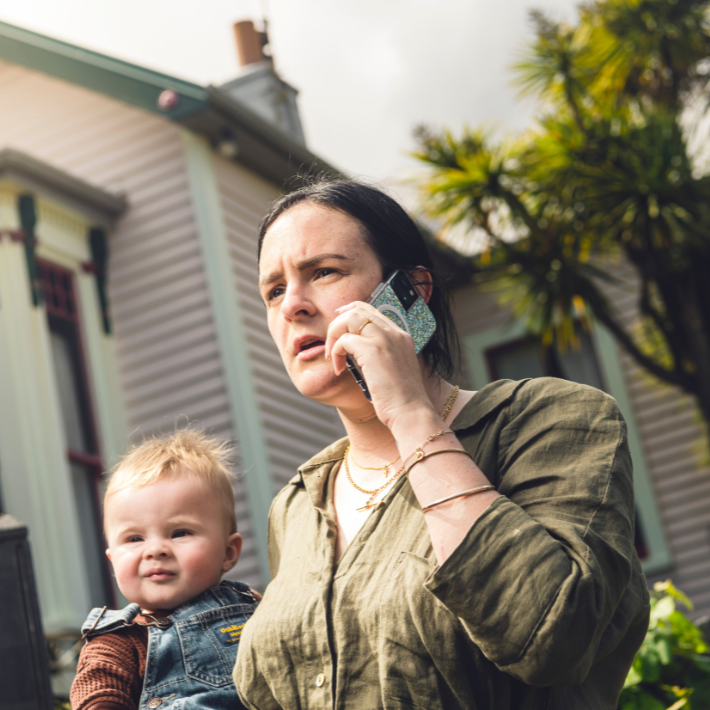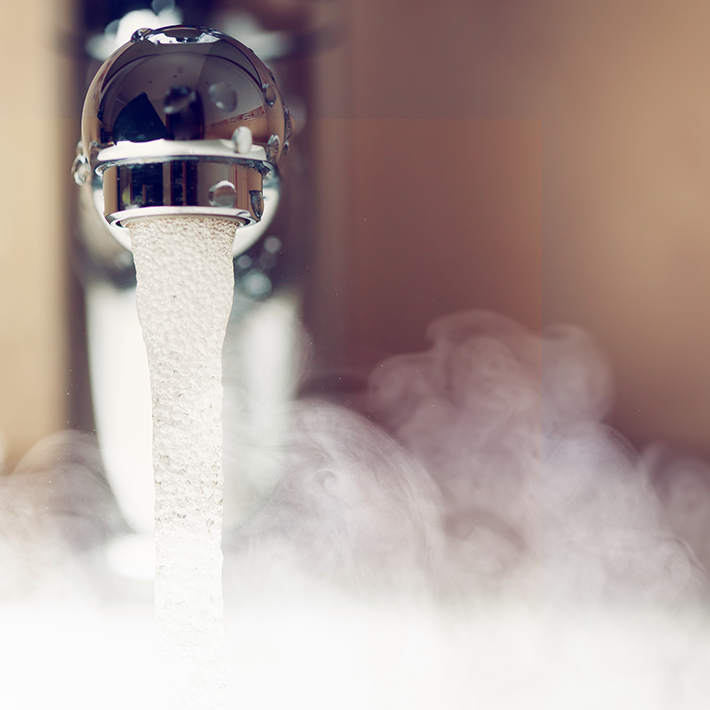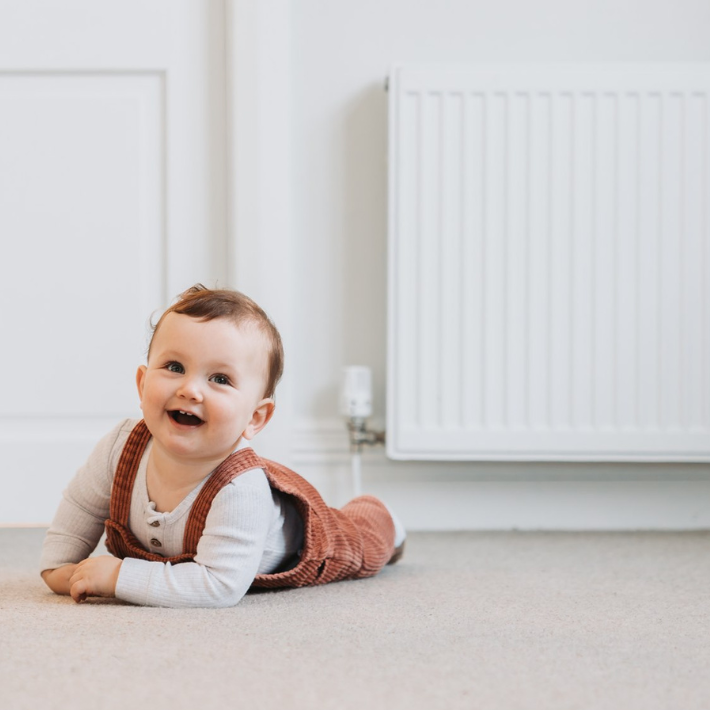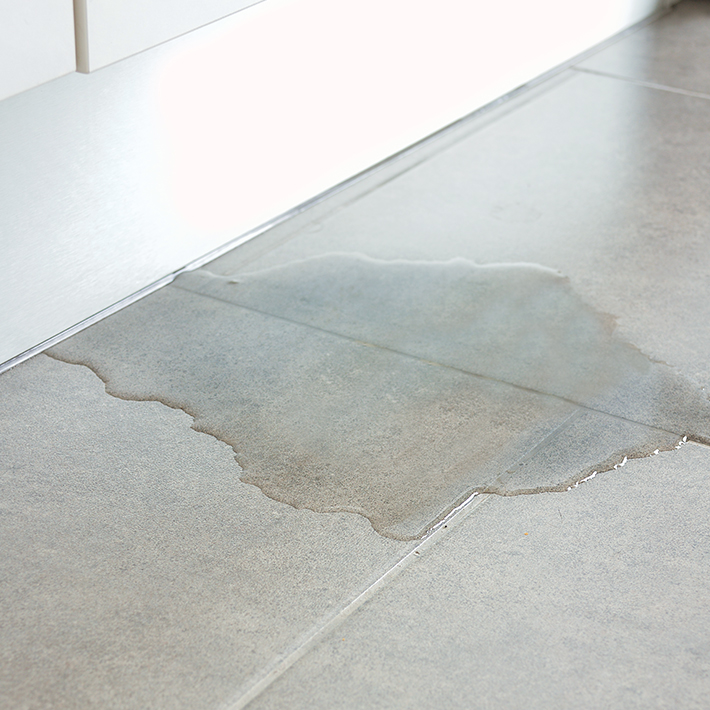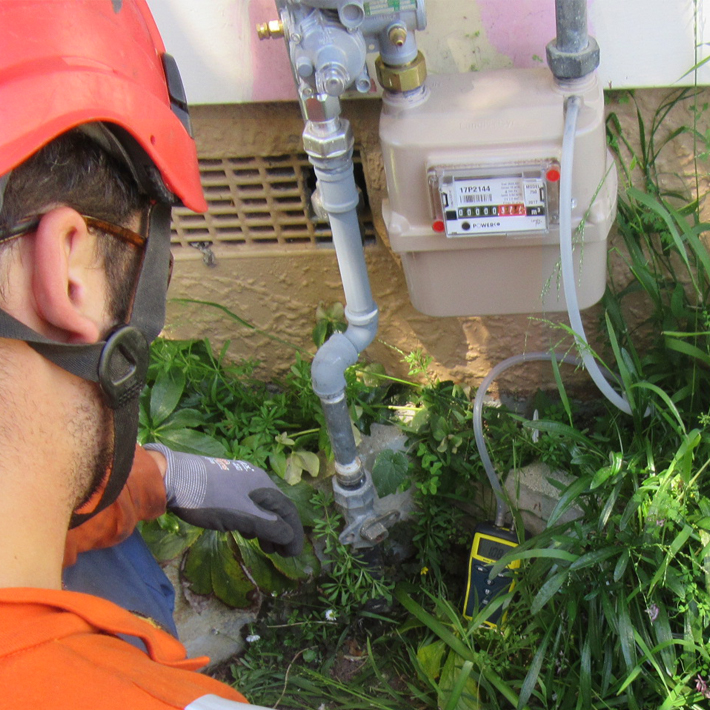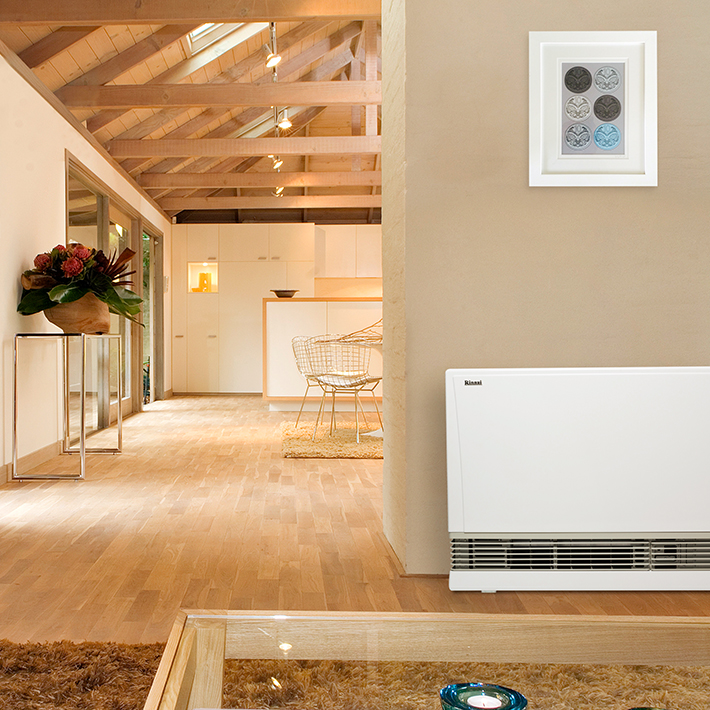If you smell gas or a pipe is damaged and leaking in Wellington, Taranaki, Hawke's Bay, Manawatū and Horowhenua call 0800 111 848
Every year Powerco invests heavily in developing and maintaining its gas and electricity networks. This ensures the natural gas network is safe and reliable in your community – from your street all the way to the gas meter on your property.
Whether you’re already connected to gas or considering making the switch, it is important to know that gas safety from your gas meter into your home is your responsibility.
Here are a few things you need to know.
What to do if you smell gas around your home
In the unlikely event you smell gas or suspect a gas leak inside your home do the following -
- Keep flames and cigarettes away from the area because they may ignite the gas
- Do not operate any electrical switches
- Do not use your mobile phone in the area
- If possible, turn off the gas supply valve at the gas meter
- If it can be done safely, open doors and windows to ventilate the area
- If the smell persists, go outside to a safe place away from your home and call Powerco on 0800 111 848
Don't feel the burn, get wise on hot water safety
Hot water should be no more than 55 degrees Celsius at the tap. Your gasfitter should pre-set this temperature on your gas hot water appliance, so the water will never be dangerously hot.
55 degrees is still really hot for littlies, however. If you have children, a brilliant safety feature is an add-on a digital hot water controller. This enables you to programme an exact temperature at the tap, increasing or decreasing it with the push of a button.
Have peace of mind knowing little hands won't be scalded at the tap. 37 degrees Celsius is the recommended temperature for bathing children, so with a controller simply set this level and the bath or shower will flow safely.
Let your appliances look after you
Particularly if you have a young family, look for gas appliances or add-on accessories with smart safety features to add convenience and lower risk within your home.
- Look after little hands and big hands with ‘cool to touch’ panels on gas heaters, double glazing on gas fireplaces and child locks.
- As mentioned above, ensure your gasfitter pre-sets your hot water system to no more than 55 degrees Celsius and also keep little ones safe with digital hot water controllers that allow you to set and adjust the exact water temperature with the push of a button. 37 degrees Celsius is the recommended temperature for bathing children safely.
- Don’t waste water by overfilling the bath (or worse, flood the bathroom while you’re distracted!). A deluxe controller fills the bath for you, stopping at the perfect soak level and the perfect temperature. Simply set and walk away. Digital hot water controllers can easily be retrofitted after your installation and some use voice activation for added convenience.
- Many gas cooktops and fireplaces have flame failure devices. These automatically shut the gas off if the flame goes out for any reason.
- Get automatic cooling with overheat safety switches. If your gas heater ever gets too hot, the gas is turned off, restarting once it lowers to a safe temperature.
Return the favour, give some love to your appliances
Book in a 'warrant of fitness' every 1-2 years.
It’s recommended you have your gas appliances serviced every 1-2 years to ensure they’re working efficiently and effectively, with no blockages in the flue. Think of it as their ‘warrant of fitness’. Many gasfitters also service appliances, but if you're unsure, check the manufacturer's website for your local service agent.
Show your appliances a little love and, just like your car, they should run better and for longer.
No DIY disasters please, leave appliance installation and maintenance to the experts
Whether you are thinking of connecting to gas or adding further appliances to your home, correct installation is important to ensure safe use of your natural gas appliances.
All gas appliances sold in New Zealand must be installed and certified by a gasfitter – it’s the law.Gasfitters are licensed and follow strict safety standards to ensure correct and safe installation of appliances in your home. A certifying gasfitter will install your gas appliances and provide you with a gas installation certificate. This certificate is a legal requirement, and it shows the appliance or gas installation has been tested and is safe for you to use at home.
Your gas meter gets pride of place, but give it a wide berth
If you’re thinking of connecting to gas, it is useful to understand the specific location zone around your house where the gas meter can be installed.
This zone includes along the front of your house, and up to three metres down either the left- or right-hand sides. In the unlikely event of an emergency, this allows us to locate and access your meter quickly and easily.
There is also an exclusion zone required by law around your gas meter. Within the exclusion zone there can be no fixed sources of ignition such as electrical boxes, gas appliances, flues or heat pump units. Excluded from this zone are openings into your home such as windows that open or doors, including the garage door.
If your home is not currently connected to gas, contact us to talk about the gas meter location and exclusion zones – we can send you a handy diagram.
If you are connected, your gas meter will have been installed according to the legal requirements. Just be mindful of making any renovations or changes in close proximity to the meter. If in doubt, check it out!
Choose flued gas heaters to help avoid the winter lurgy
The Gas Hub recommends flued gas heating which will help with a warm, dry and healthy home.
If you are using an unflued gas appliance, this should be kept at least one metre away from anything that could catch fire and should only be used in well ventilated areas. Unflued gas appliances will add moisture and dampness to your home. This one reason why we do not recommend using them.
The good news is that most natural gas-powered heating systems are flued these days. They are designed to maintain a better air quality in your home by removing air pollutants and water vapour to the outside of your home.
